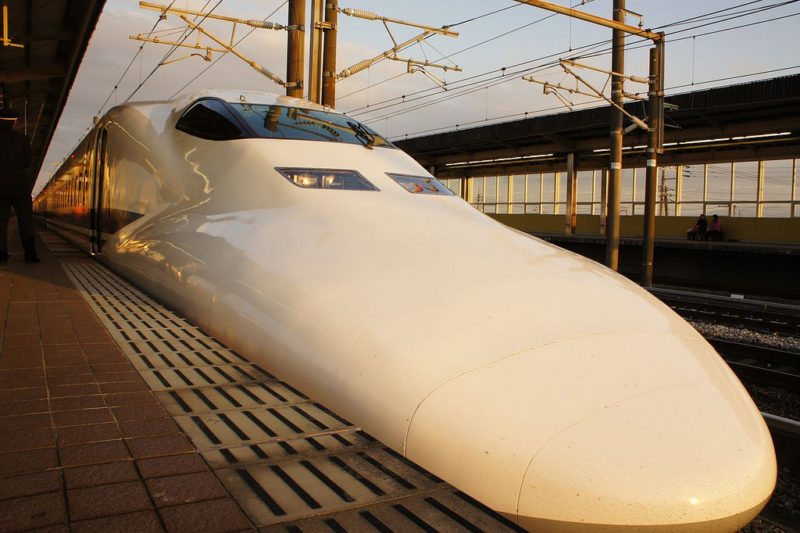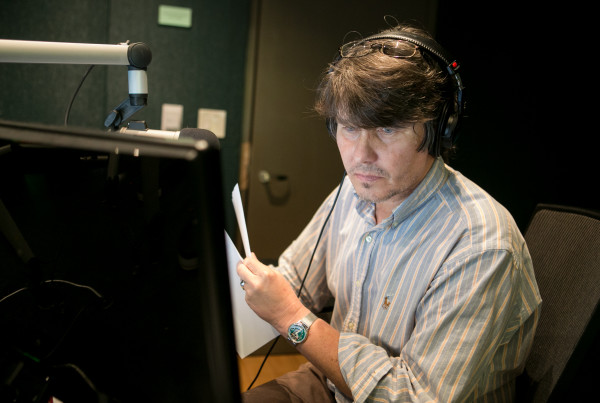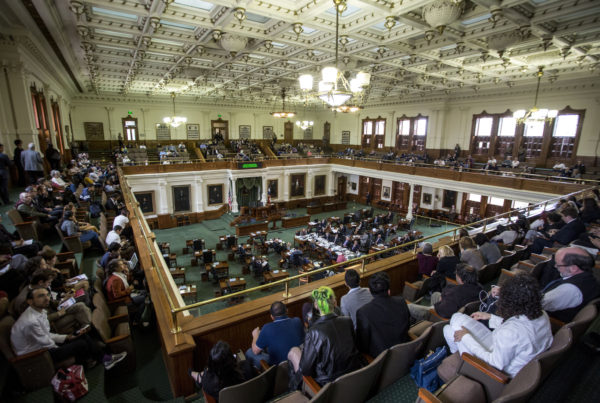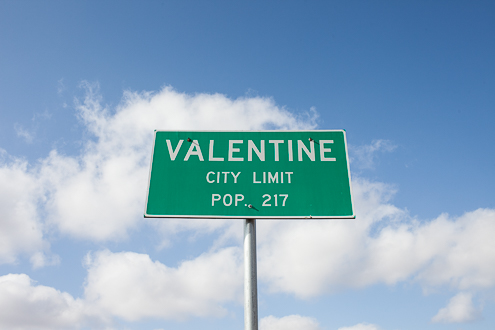If you started in Houston and headed northwest, all the way to Dallas, you wouldn’t find too many physical obstacles – the 240 miles between them is almost empty country.
Texas Central Partners wants to build a high-speed rail line connecting the two. For them, the rights of private property owners along the route constitute thousands of potential invisible barriers. The company has already sued more than a dozen property owners in order to get access to their land.
Tuesday, Texas Central Partners announced that it was dropping many of these lawsuits and instead preferred an “open dialogue” approach.
Brandon Formby, reporter for the Texas Tribune, says that the announcement marks an effort to remove some of the controversy surrounding the project.
“[The president of Texas Central Partners] says that because they have gotten thousands of people to let them survey their land, that they’ve already secured land option agreements on parcels they may need,” Formby says. “They think they may be able to do this through negotiating.”
The group Texans Against High-Speed Rail, however, believes Texas Central Partners is pursuing a new strategy because the company doesn’t think it would receive a favorable outcome in court.
Railroads within the state can claim eminent domain in order to seize private property for public use. Although it’s a private company, Texas Central Partners has asserted that it could use this power as a last resort measure.
“A lot of the argument hindered on whether Texas Central should be considered a railroad when it’s just planning to build a rail line,” Formby says. “But it doesn’t actually currently operate any rail lines and that’s a unique question.”
The clash between Texas Central Partners and property owners also touches upon a larger issue: the urban versus rural divide in the state.
“People in Dallas, people in Houston – especially officials [and] developers – are really excited about the project,” Formby says. “But then you have hundreds of miles between there of rural landowners who just see this as something that is going to bisect their land and interrupt their way of life.”
Farmers and ranchers along the route fear that the train will make it harder to move cattle and livestock and that it could interrupt local transportation.
Written by Molly Smith.
















